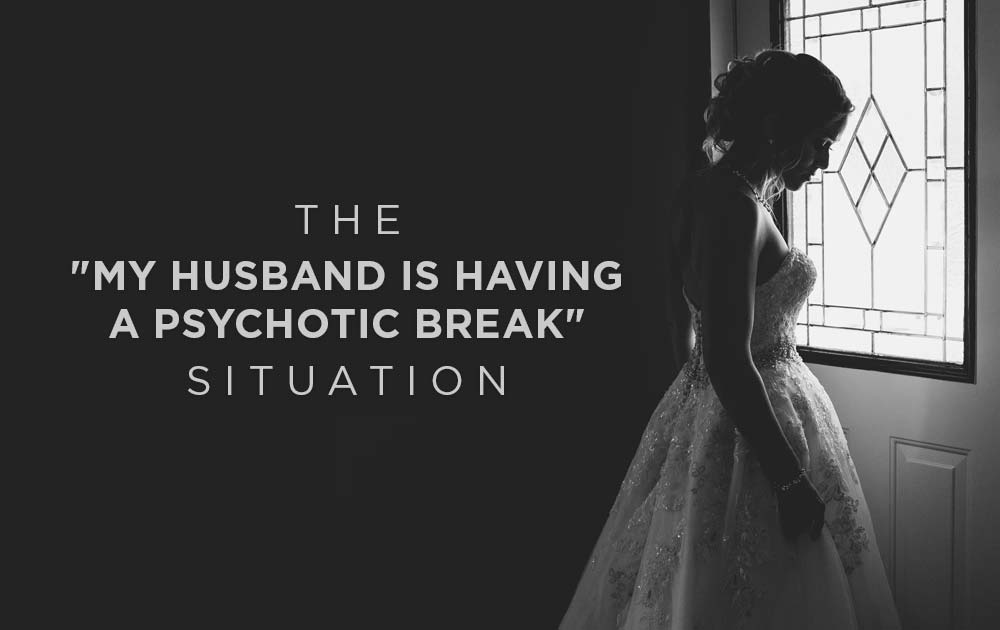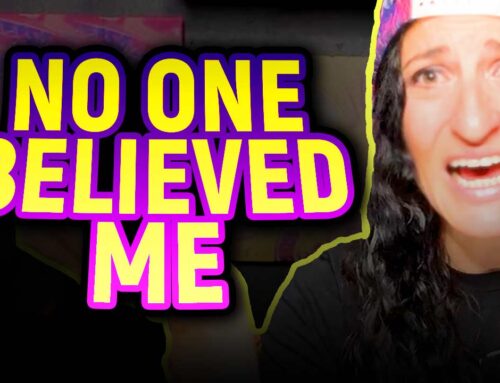By Sarah Fader
Relationships are incredibly hard as a baseline. Then think about what it’s like to have a relationship with some who has a mental illness.That is doubly harder because the issues you’re dealing with are compounded. You have regular old “who stole the covers” issue and then you have the “my husband is having a psychotic break” situation. There are levels of mental illness to consider but no matter what those are, you have to remember that your mental illness or your partner’s mental health issues will come up in your romantic partnership. It’s going to happen and it’s a matter of how do you deal with those issues?
Pushing the problems aside isn’t a good technique.
Pushing the problems aside isn’t a good technique. Repressing those issues is going to make them come up stronger and louder. That’s why working on these issues in relationship counseling can help.
You don’t want to drift apart from one another.
Sitting in front of a counselor and talking about what the mental health issues are and strategies to help both of you cope with them collectively is a great plan. You want to be on the same page of a book you’re writing together. A relationship is a journey and you don’t want to drift apart from one another because that’s hard for both of you.
The strongest relationships happen when there is open communication and that’s what counseling is meant to bring about, particularly in long-term relationships like marriage.
You want to be sure that your partner is cognizant of your issues and is willing to work with you.
When you choose to get married to someone with mental illness you are saying that this is for the long haul. I am with you through thick and thin and I will support you as my partner. Any relationship that’s healthy has that level of commitment but it’s especially important for people who have a partner with mental illness. You want to be sure that your partner is cognizant of your issues and is willing to work with you.
When you’re healthy, then you can engage in a relationship with someone who gets you.
Assess the relationship while you are in couples counseling. It’s a great time to see where you’re at and what you want to do with this partnership. Is it healthy? Are there co-dependency issues? These are real concerns that you’re going to need to think about it. Remember that the number one relationship to work on is the one with yourself. When you’re healthy, then you can engage in a relationship with someone who gets you.
Are you in a relationship with someone who has mental illness or is the person with mental illness you? Tell us what you think!






